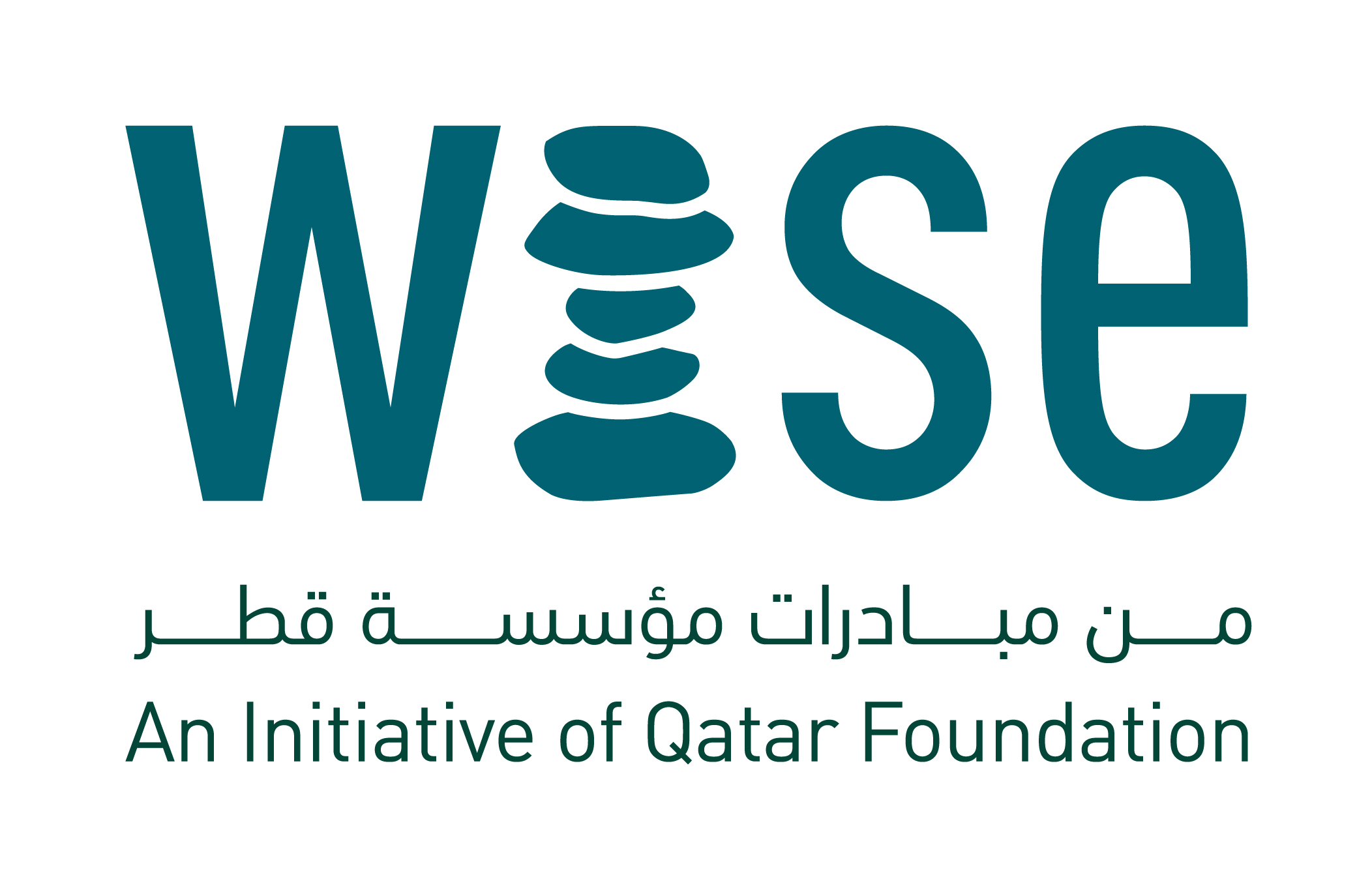Context and Problem
Access to quality science education, particularly practical laboratory experiences, remains a significant challenge in many regions across Africa, South Asia, and disadvantaged areas of developed countries. Traditional laboratories are expensive to establish and maintain, and their setup requires significant time and resources. As a result, millions of students are deprived of hands-on learning opportunities that are critical for understanding scientific concepts and developing STEM skills. This gap leaves students disconnected from real-world applications of science, limiting their educational and career prospects.
Solution
StanLab addresses these challenges through its innovative 3D virtual laboratory platform, which revolutionizes science education by providing practical, interactive learning experiences. The platform allows schools to deliver virtual lab classes that can be accessed both remotely and in person, ensuring flexibility and inclusivity. Setting up StanLab takes only five minutes, compared to the over 1.5 hours required for traditional labs. This efficiency saves schools significant costs associated with running and maintaining physical labs while providing students with gamified learning content designed to enhance engagement and skill mastery. In addition to virtual labs, StanLab incorporates AI-powered productivity tools that empower teachers by automating the creation of lesson plans and topical questions from their notes. These tools reduce teachers' workload and allow them to focus on personalized instruction by leveraging data-driven insights. The platform also includes intelligent learner tools that provide students with personalized support, fostering mastery of scientific concepts and promoting individual growth.
Impact
StanLab is transforming science education for students in Nigeria, Ghana, and the United Kingdom, with plans to expand further into Africa and Asia. The platform has provided countless students with access to practical STEM skills, bridging the gap in science education and preparing them for the demands of the modern workforce. By fostering engagement and improving learning outcomes, StanLab is equipping the next generation with the tools to excel in STEM fields and contribute to global development.













